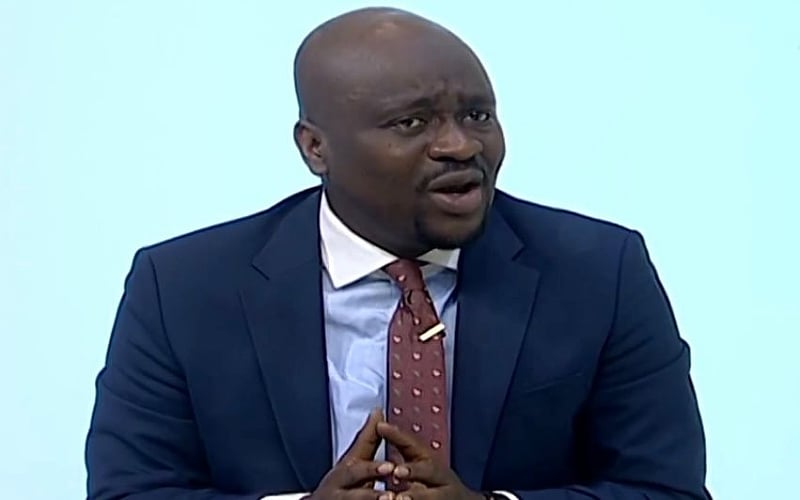The Electoral Commission of Ghana (EC) has found itself embroiled in controversy, sparking calls for significant reforms and a potential leadership overhaul. Hamza Suhuyini Sayibu, a prominent member of the National Democratic Congress (NDC) communication team, has voiced deep concerns about the impartiality and competence of the current EC leadership, specifically targeting Chairperson Jean Mensa and her two deputies. Suhuyini argues that their continued presence at the helm of the EC poses a direct threat to Ghana’s democratic integrity, citing their apparent susceptibility to external influence and a perceived lack of commitment to transparent electoral processes. He insists that a “reset” of the EC, including the removal of the current leadership, is essential to safeguarding the future of Ghanaian democracy.
Suhuyini’s call for reform resonates with concerns raised by various segments of Ghanaian society, including some within the ruling New Patriotic Party (NPP). While acknowledging the potential for accusations of partisan motivations, Suhuyini emphasizes the NDC’s consistent stance on the issue, highlighting that these concerns predate their current position in opposition. He points to the EC’s recent decision to rerun elections in 19 polling stations within the Ablekuma North constituency as evidence of their susceptibility to undue influence. This decision, he argues, reinforces the perception that the current EC leadership lacks the independence and fortitude necessary to effectively manage elections and maintain public trust.
The controversy surrounding the Ablekuma North parliamentary elections has further intensified scrutiny of the EC’s operations. The decision to rerun the elections in specific polling stations followed allegations of irregularities and disputes over the initial results. Critics, including Suhuyini, argue that the EC’s handling of the situation reveals a troubling pattern of inconsistency and a lack of transparency, raising questions about their ability to conduct free and fair elections. The re-run, scheduled for Friday, July 11th, is likely to be closely monitored by both domestic and international observers, with the outcome potentially having significant implications for the EC’s future.
Suhuyini’s accusations against the EC leadership are not limited to their perceived susceptibility to influence. He also questions their competence in managing the complex processes involved in conducting elections. He suggests that the EC’s performance since the appointment of Jean Mensa and her deputies has been marked by a series of missteps and questionable decisions, casting doubt on their ability to effectively fulfill their mandate. He argues that their continued leadership undermines public confidence in the electoral process, potentially jeopardizing the stability and legitimacy of future elections.
The calls for reform and leadership change at the EC highlight a broader debate about the role and responsibilities of electoral management bodies in democratic societies. The integrity and impartiality of such institutions are crucial for ensuring free and fair elections, which are the bedrock of any functioning democracy. The concerns raised by Suhuyini and others underscore the importance of having an EC that is not only perceived to be independent and competent but also actively works to maintain public trust and confidence in the electoral process.
The future of the EC and its leadership remains uncertain. While the NDC and other critics are pushing for significant changes, including the removal of the current leadership, the government has yet to formally respond to these demands. The outcome of the Ablekuma North re-run and the subsequent public reaction will likely play a significant role in shaping the future direction of the EC. The events unfolding in Ghana serve as a reminder of the fragility of democratic institutions and the constant need for vigilance and reform to ensure their effectiveness and integrity.


